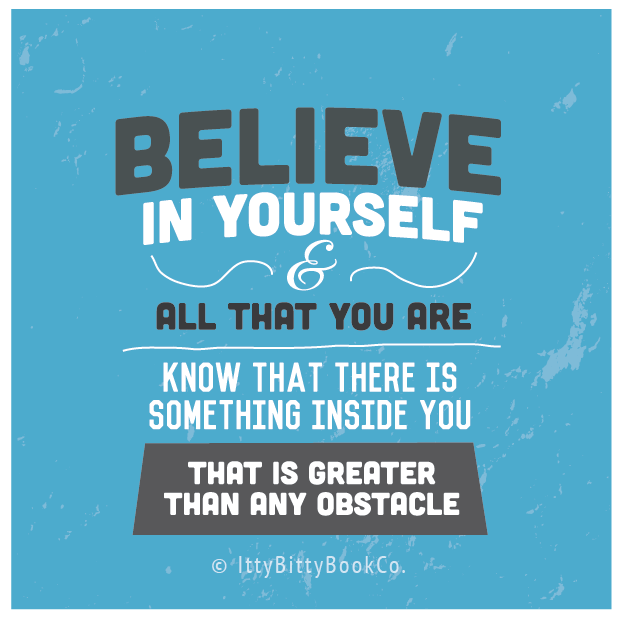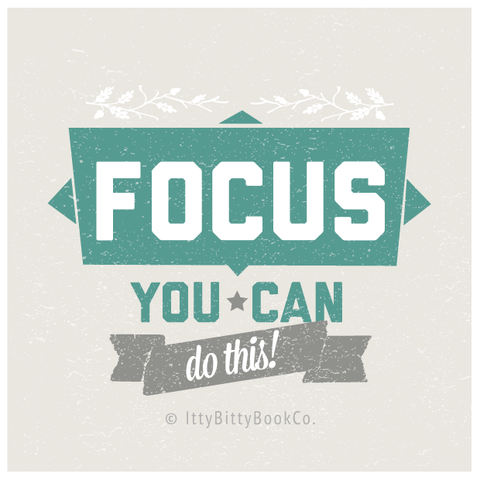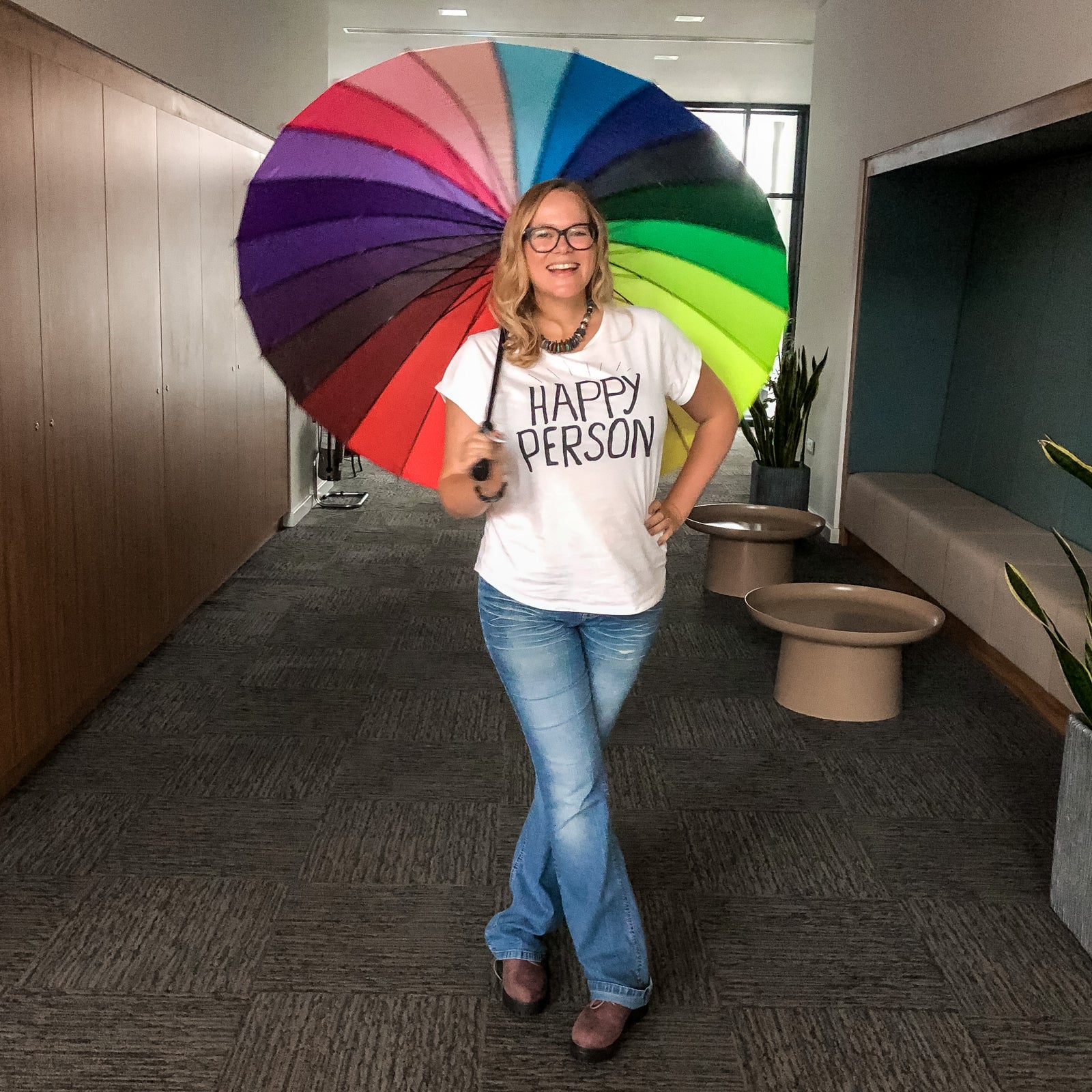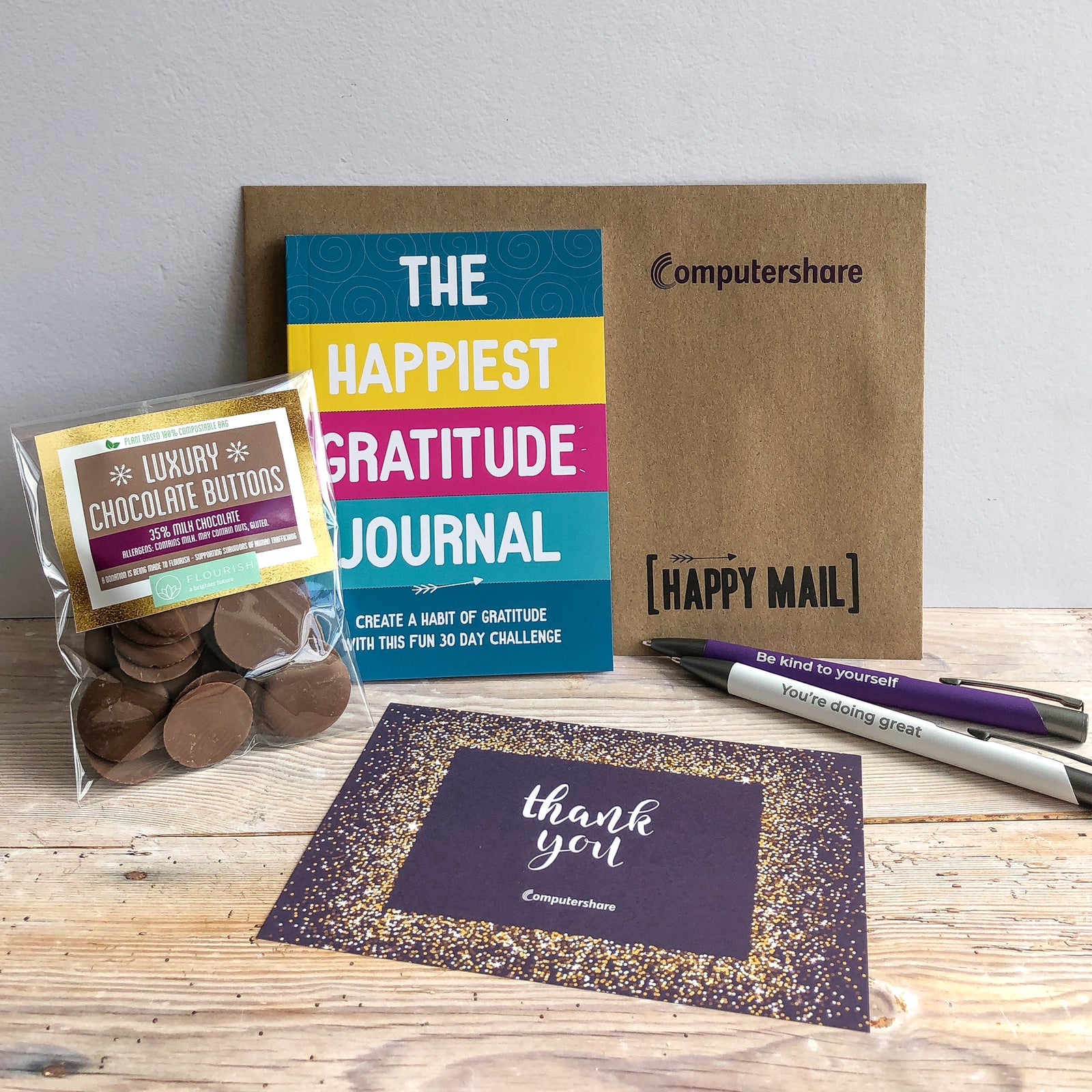- Send A Gift
- Books
- T-shirts
- Stationery
- Home Decor
- Corporate Gifts
- About Us
- Log in
-
GBP £
Positivity and kids - reframing hardship
The struggle is real. Power struggles are *hard* for us all to deal with and often hardest of all for the kids. How we deal with these challenges, or rather how we encourage our kids to deal with these difficult moments can play a huge part in whether they develop a naturally positive mindset.

In our first post about positivity and kids we talked about how to help give your children a positive mind-set towards school and how to combat the 'fear factor' of failure. Our last post was about the benefits of play in nature on all areas of our kids development.
This post is going to focus specifically on developing a mindset that sees obstacles as challenges. This is really important because from the research on positive psychology we see there are only a few clear characteristics or personality traits that (nearly) all positive people have. One of these traits is that they see problems as challenges, they look for ways to fix problems/bad situations instead of focusing on the hardship.

Having a personality that automatically looks for the positive, the solution, the way out of a hard situation instead of letting it overwhelm you is an incredible asset. Not only does it mean you're more likely to be happy in general, more successful and healthier it also means you're less likely to suffer from mental illness.

So how do we help our children to automatically see the challenge and look for the solution? Well there is lots of advice out there, but my motto is to 'keep it simple' so I'm going to share just one way that you can empower your child to know they have to ability to think of solutions themselves and fix problems they face. Over the years this simple process will develop into an automatic reaction that hopefully lasts a lifetime :)  This method can start from the first 1 year old meltdown or with your teenager, but like most things consistency is key and the longer the child has been encouraged to deal with hardship this way the more likely it will be that it'll become automatic.
This method can start from the first 1 year old meltdown or with your teenager, but like most things consistency is key and the longer the child has been encouraged to deal with hardship this way the more likely it will be that it'll become automatic.
The idea is to first show the child their feelings are validated, this might be saying 'I understand you are upset about XYZ' but then, instead of focusing on why/how and letting the conversation stay on the hardship you immediately ask 'how do you think we can make this better?' or 'what do you think we could do that would make you feel happy again?' drawing the childs thought process onto the solution.
With young children (or children not used to this response) you might need to follow with options for them to choose from like 'do you think it would help if we had a cuddle and thought of a new game to play?' or for food related struggles 'what about if we cut up the apple into really silly funny shapes for snack instead?'
The way you phrase the questions and the options are of couse up to you and how you like to communicate with your child and dependent on his/her age and understanding. Just make sure the focus is on the child finding or choosing a solution and you encourage/praise them on that.
It's quite amazing the first time you see your upset child, un-prompted, come up with good ideas to help themselves out of a hard situation. After all, life is full of disappointments and difficulties so the earlier we start empowering our kids to deal with these themselves, in a positive way, the better :)
I'd love to hear your thoughts and experiences on this topic. I'm always looking for new ideas and ways to help foster a positive outlook in my son.
Also in Blog

3 Simple Ways to Boost Workplace Morale and Create a Positive Culture.

Boosting Productivity and Reducing Stress: Digital Detoxing

Computershare Global Employee Gifts Testimonial
Computershare wanted to give something that would help their staff to focus on wellbeing. We sent over 10,000 individual gifts to homes in 7 countries spread over 3 continents. Here is what they had to say about working with us.
+Menu title
This section doesn’t currently include any content. Add content to this section using the sidebar.
Collections
Useful Links
News & Updates
Sign up to get the latest on offers, new releases and more!
© 2025 Itty Bitty Book Co. LTD.

